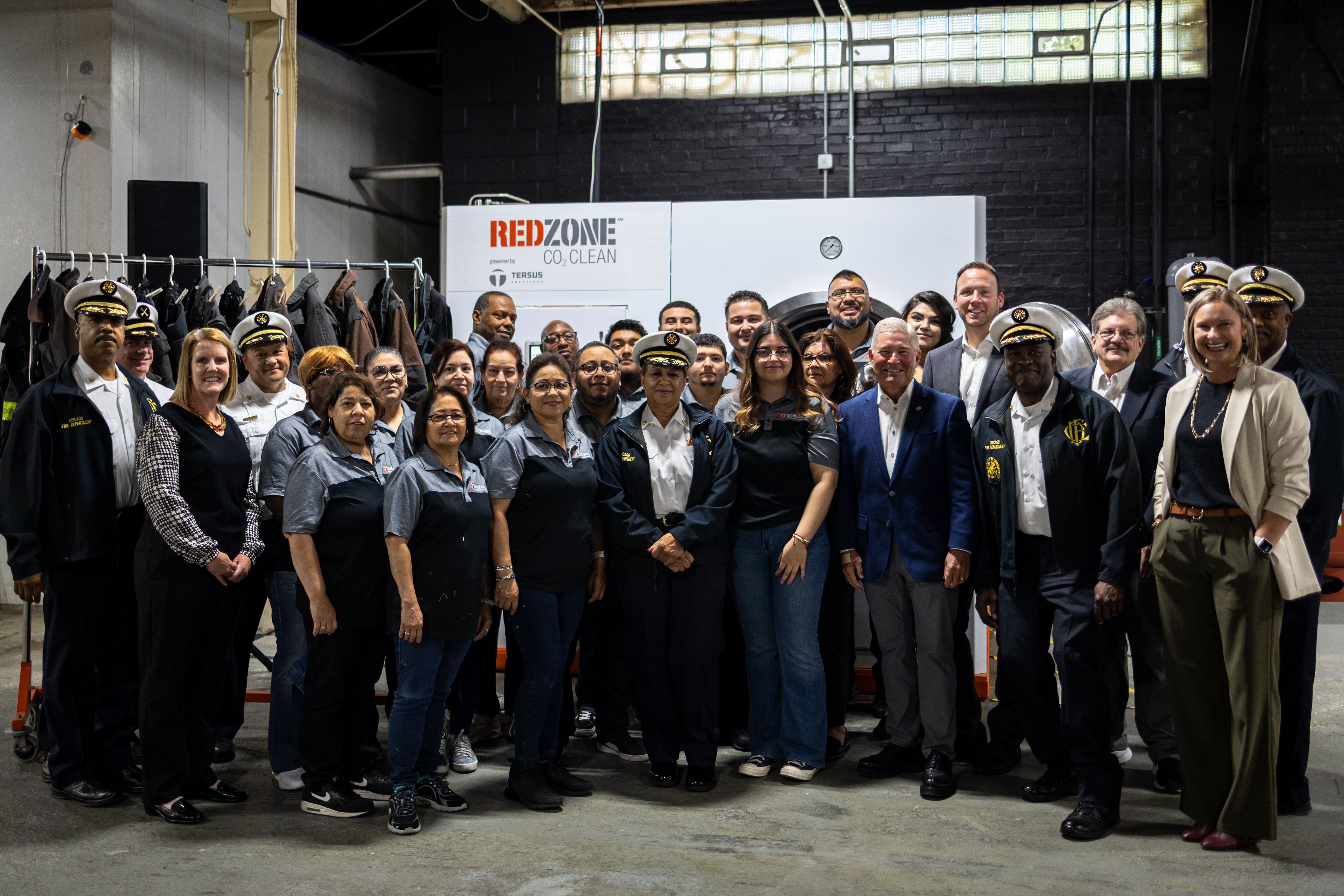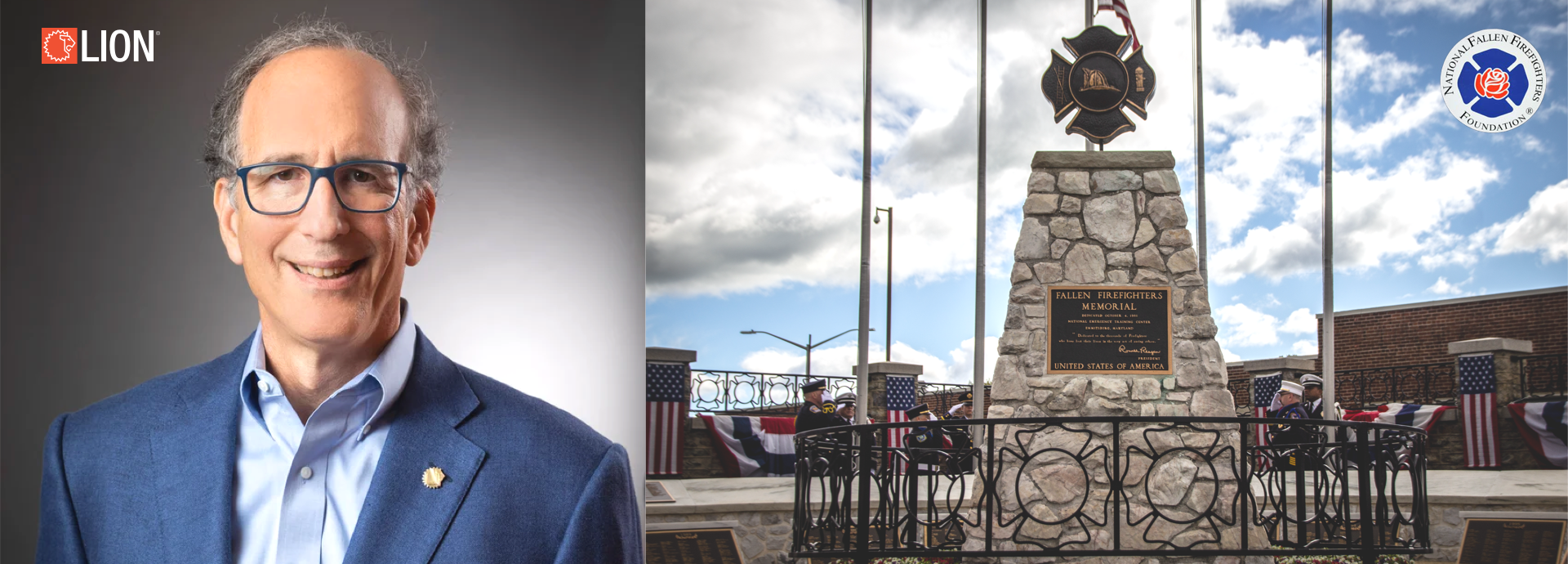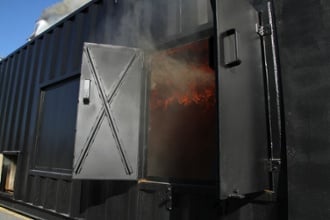Posted by: Kindra Beck | June 10, 2024
Understanding NFPA 1851
NFPA 1851 is a vital standard designed to aid fire departments in maintaining the integrity and safety of their personal protective equipment (PPE). This standard outlines comprehensive requirements for the selection, inspection, cleaning, repair, maintenance, and eventual disposition of structural and proximity firefighting PPE. Additionally, it mandates the necessary documentation and record-keeping to support these activities, ensuring that gear remains fit for use and reducing risks to firefighters.
The Role of Independent Service Providers (ISPs)An Independent Service Provider (ISP) is a third-party service that assists fire departments in managing their PPE care and maintenance programs. It's crucial that ISPs used for advanced cleaning, sanitization, inspection, and repair services are verified to the NFPA 1851 standard by a third-party certification organization. Verified ISPs play a significant role in maintaining compliance, particularly for departments with limited manpower or expertise in PPE maintenance. They help manage care programs and maintain essential records, ensuring adherence to NFPA 1851.
Importance of Cleaning PPE According to NFPA 1851
Cleaning PPE according to NFPA 1851 is essential for several reasons:
- Removing Soiling and Contamination: Proper cleaning removes harmful contaminants from PPE, reducing health risks for firefighters.
- Preserving Gear Integrity: Adhering to NFPA 1851 ensures that cleaning processes do not damage the gear, maintaining its protective qualities.
- Efficiency of Contaminant Removal: The standard outlines cleaning procedures that provide a minimum level of efficiency in removing contaminants, which is critical for firefighter safety.
There are various types of cleaning based on contamination:
- Preliminary Exposure Reduction: Conducted on the scene to quickly remove contaminants.
- Advanced Cleaning and Sanitization: Performed using extractors or specialized equipment like CO2.
- Specialized Cleaning: Required for hazardous material exposures.
Steps for Fire Department Compliance with NFPA 1851
To comply with NFPA 1851, fire departments should:
- Familiarize with NFPA 1851: Assign someone to become well-versed in the standard's requirements.
- Develop a Comprehensive Program: Create a program that addresses all elements of the standard (see Chapter 4 of NFPA 1851).
- Assign Responsibility: Designate an individual or team to manage the program.
- Utilize Verified ISPs: Partner with ISPs for assistance with record-keeping, training, cleaning, and repairs.
Compliance requires dedication and resources but is essential for the health and safety of firefighters.
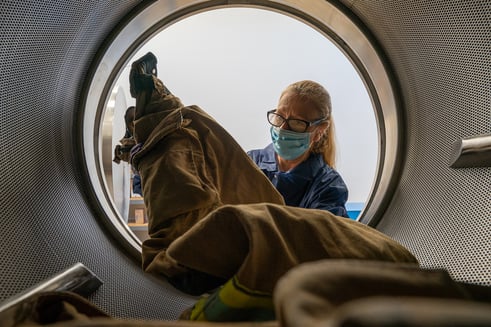 How RedZone CO2 Supports NFPA 1851 Compliance
How RedZone CO2 Supports NFPA 1851 ComplianceRedZone CO2 provides advanced and specialized cleaning services that meet NFPA 1851 requirements. Studies indicate that CO2 cleaning effectively removes more contaminants from PPE compared to conventional water washing. Additionally, CO2 cleaning is gentler on PPE elements, reducing wear and tear and extending gear lifespan. This method is also effective for cleaning gloves, as it does not involve water or heat.
Final Thoughts on NFPA 1851 Compliance
Compliance with NFPA 1851 can seem daunting, but many resources are available to assist fire departments:
- Peer Departments: Learn from departments with established programs.
- ISPs and Manufacturers: Seek guidance and services from verified providers.
- Online Resources: Utilize documents and information available online.
Each department has unique needs, so programs should be tailored accordingly. Staying updated with the NFPA 1851 revision process, transitioning to NFPA 1850, is also crucial for maintaining compliance.
By prioritizing PPE care and adhering to NFPA 1851, fire departments can ensure the safety and effectiveness of their gear, protecting the lives of those who protect others.
To find a TotalCare near you, visit https://www.lionprotects.com/totalcare-locations
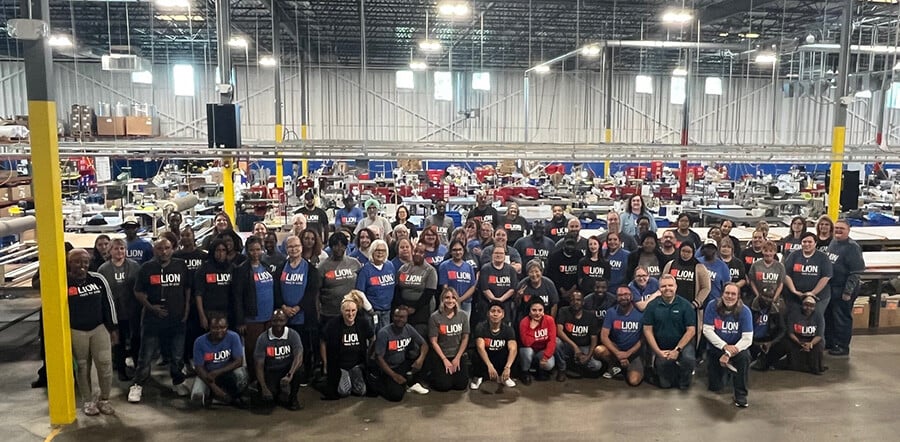
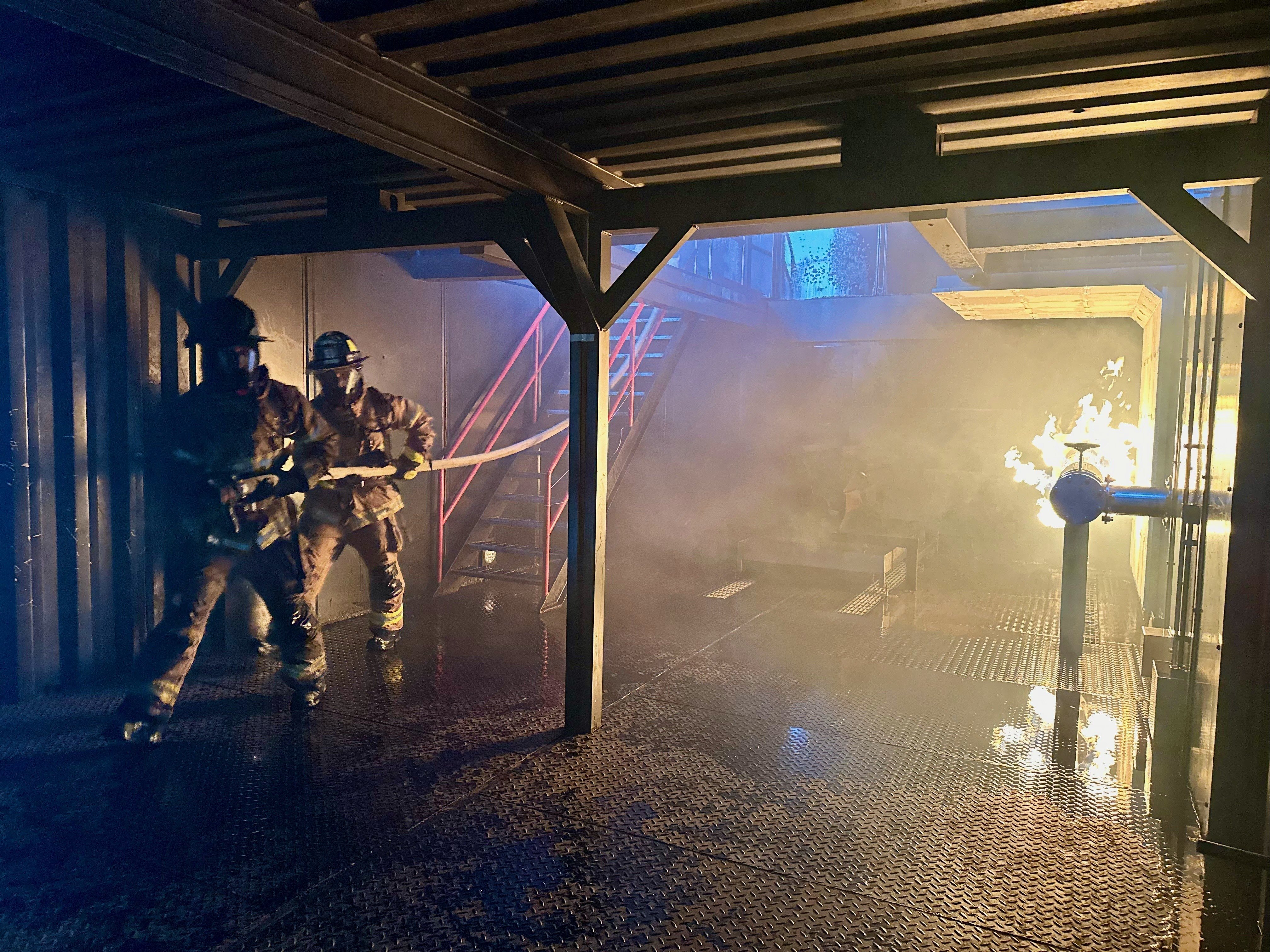
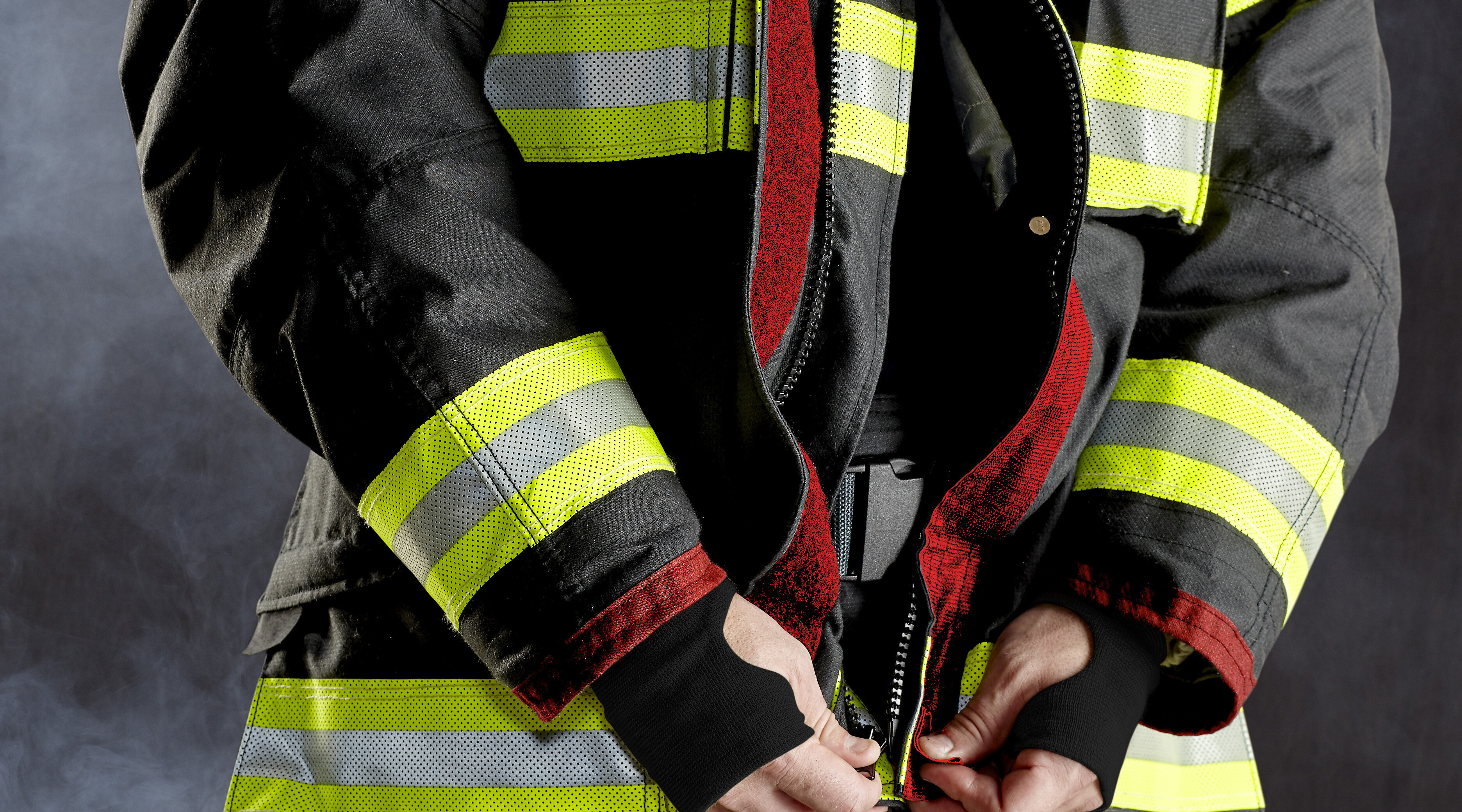
Popular posts




